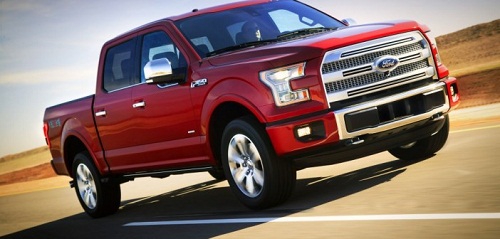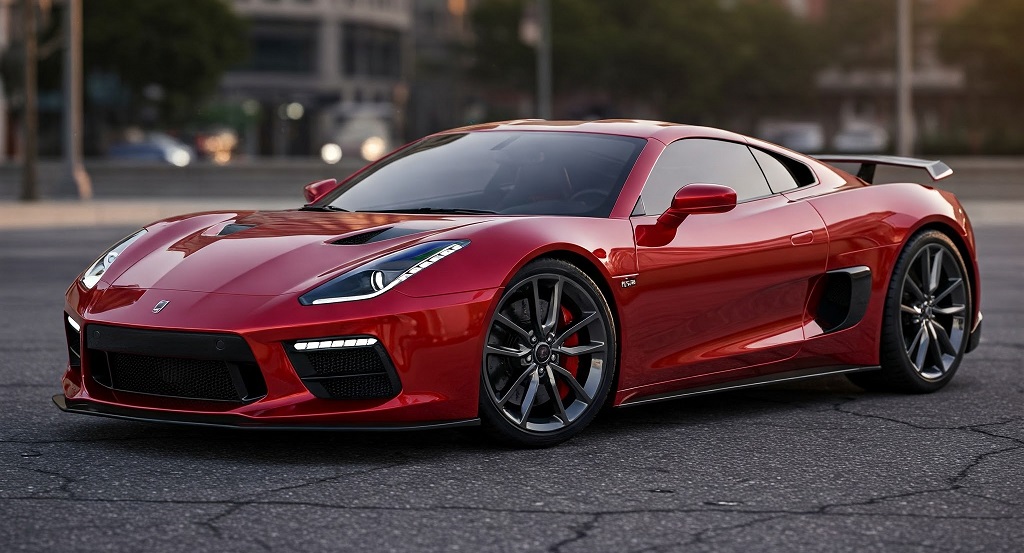While the global economy had dragged itself from the depths of the great recession over the course of the last 18 months, there is still something of a consumer debt issue in Great Britain. More specifically, the average UK household is likely to own in the region of £10,000 by the end of 2016, with this debt spread across personal loans, overdrafts and credit cards. This will make the availability of credit and finance increasingly sparse, meaning that consumers looking to execute big ticket purchases such as cars will need to seek out more viable options.
What are the 3 best methods of purchasing a car in 2015?
Given this and the fact that non-mortgage borrowing grew by nearly £20 billion in 2014, it is worth appraising the best alternative options for buying cars. These include: –
Pay by Cash
As a general rule, cash payments offer the most simplistic and efficient way of purchasing a car. This not only eliminates the burden of long-term debt, but it also negates the issues caused by inflated and recurring interest repayments. As a result of this, purchasing cars with cash is also established as the cheapest method, although dealers may look to inflate the price point in a bid to compensate for the interest rates usually applied to finance. Whether you make a purchase through a reputable site such as Ridgeway or a private vendor, however, cash is an ideal payment method for anyone with a poor credit history.

Undertake a Personal Contract Plan
If you want to strike the ideal balance between making upfront payments and minimising long-term debt, the decision to undertake a personal contract plan may offer the most value. This is a finance-inspired payment method that enables you to minimise monthly repayments and potentially change your vehicle every two to three years. Although you do not carry the burden of ownership throughout the agreement, a significant percentage of the payment is deferred until the end of the period and not factored in to any agreed instalments. At the end of the term you will have the options of paying off the remaining value and keeping your existing car or using the vehicle as a deposit on an upgraded model.
Consider Standard Contract hire
For those who enjoy the power of new cars but are not keen on carrying the burden of ownership or depreciation, contract hire is an option worthy of consideration. This enables you to select any new vehicle that want, before determining the length of contract and the estimated annual mileage. These factors are then use to determine a monthly repayment plan, which usually varies from between £100 and £400 each month. The main benefits of this are the freedom of choice afforded to consumers and the inclusion of maintenance costs, which can reduce expenditure accordingly. At the end of the contract, you simply hand your car back to the dealer and either walk away or upgrade.






